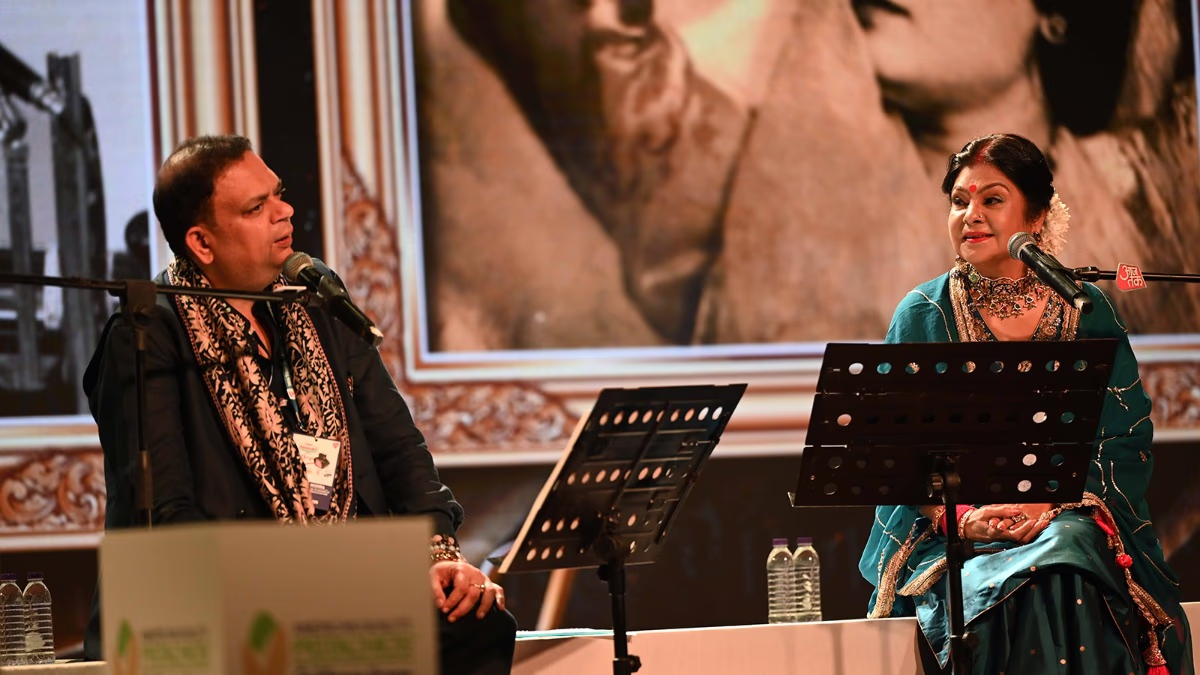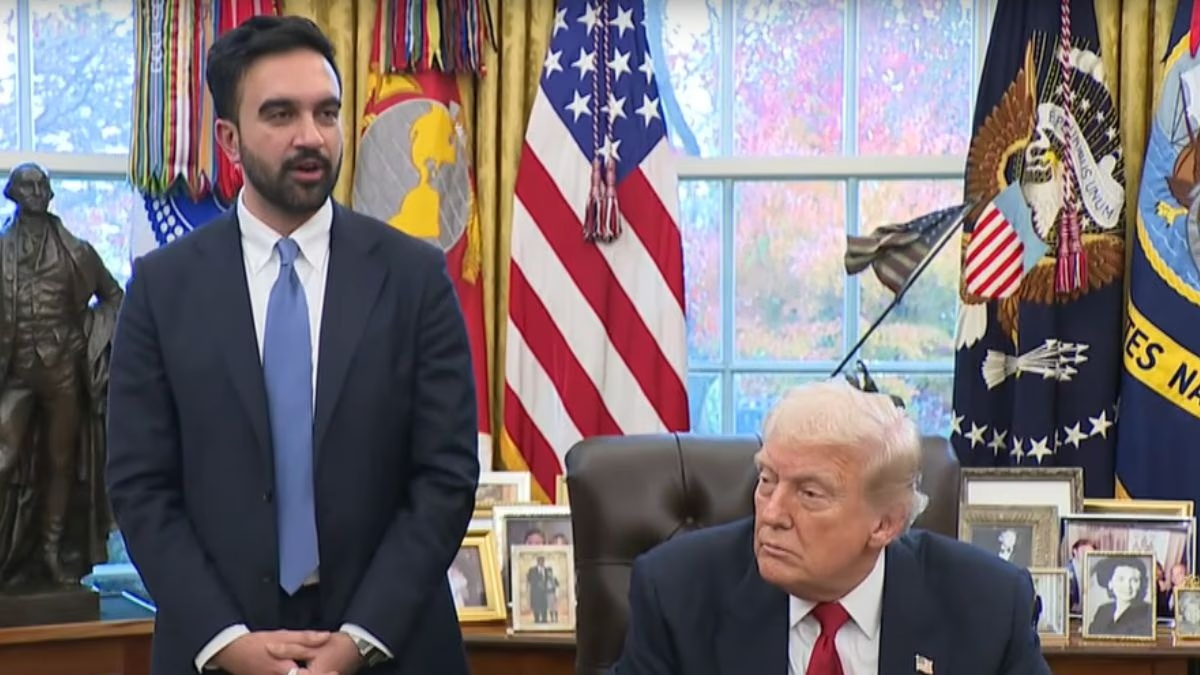Begum Akhtar married in hopes that if the world wouldn't respect her, at least one voice would. However, marriage meant leaving music behind, and for seven to eight years, her life was devoid of song. Everything changed when the then director of All India Radio in Lucknow orchestrated her return to music. On the stage of Sahitya Aaj Tak, writer Yatindra Mishra shared this fascinating story.
Lest They Be Upset...
Begum Akhtar, or Akhtari Bai Faizabadi, yearned to belong to the elite class, to be called 'Shurfa' (noble). She agreed to all conditions and stopped singing, but this led to a nervous breakdown. For seven to eight years, she didn’t sing; if her husband, Ishitaq Ahmed Abbasi, was away at the High Court, she would quietly take out her musical instruments but dared not strike a note, fearing the repercussions a single tune might bring in a barrister's home.
Yatindra Mishra narrates that at that time, the director of the Lucknow radio station, LK Malhotra, noticed something was wrong. During a dinner event, where others sang ghazals, Begum Akhtar could only watch. She was deeply pained. Malhotra invited her the next day to the station, saying, ‘Please come over, let’s converse, it’s been so long.’
Malhotra had already planned to rekindle Begum’s singing career, setting up the necessary recording arrangements.
This marked a pivotal event in Begum Akhtar’s life. When the preparations were done, musicians were arranged, told to record unnoticed by Begum. Her song was secretly captured. Approaching her afterward, Malhotra asked her to sing something.
Also Read: Loyalty, 'Pain, Loyalty, Elegance, and Peace'... echoed in the tales of Yatindra and the notes of Malini, reverberating with Begum Akhtar's stories
But Begum Akhtar said, ‘My voice has ceased to come out.’
Malhotra urged her, ‘Sing anything, we just want to listen for ourselves.’ She asked if anyone was listening, reassured of the contrary. The room was packed with recording equipment, cleverly hidden.
Once she sang, Malhotra took her for tea, then played back her voice.
'This is your voice, Begum Sahiba,' he announced.
She suddenly stood up, weeping, exclaiming, ‘Oh Allah! What will happen if anyone sees this?’ and rushed out.
That ghazal and dadra became her comeback anthem. Yatindra emphasizes that the Indian music world owes gratitude to KL Malhotra for reintroducing Begum Akhtar, deeply encapsulating the pain she sang with. Her story resonates with so many female singers who, for the sake of family or social stature, were silenced.
When their strength emerged, nothing could stop them. Malini Awasthi adds that often it's not external suppression but self-imposed submission under domestic pressures. No one tells them to, but the burden silences them. Reflecting on personal experiences, Malini recalls, after becoming a mother of two, her sister requested a song, but instead of singing, she broke down. Perhaps today it would be called depression, but truly, this should be viewed as an anthem of a triumphant return.




